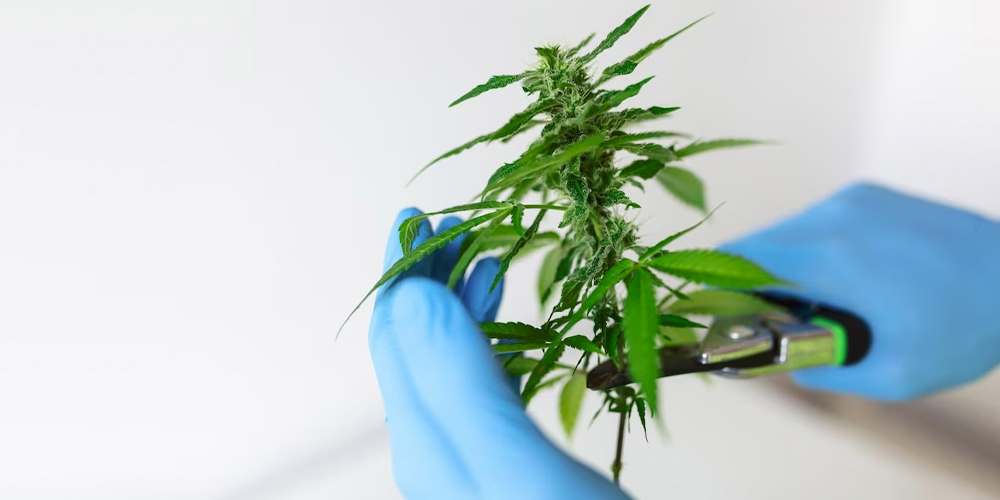
Delta-9-tetrahydrocannabinol is the main psychoactive substance found inside the cannabis plant. It is also referred to as Delta-9 THC or just THC and is the main reason for the state of euphoria or "high" that one experiences after taking cannabis. However, the question still remains: how does it function, and what impacts does it have on both the body and the mind? In this blog, let us together investigate the scientific justification of Delta-9 THC.
Chemical Composition of Delta-9 THC
There are several cannabinoids found in the cannabis plant, and Delta-9 THC is one of them. We have cannabinoid receptors in our bodies that respond to these chemical compounds called cannabinoids. While Delta-9 THC and its sister compound, CBD (cannabidiol), share a chemical structure, it is the slightly unique atomic structure of Delta-9 THC that contributes to its psychoactive properties.
How Does It Function
The endocannabinoid system, or ECS, of the human body is in charge of preserving homeostasis, or the equilibrium of the body. The endocannabinoid system of the body is made up of cannabinoid receptors such as CB1 and CB2, endocannabinoids (which are cannabinoids produced in the body), and specific enzymes that help to break them down. Delta-9 THC connects with the CB1 receptors, which primarily exist in the central nervous system and the brain, as well as partially with the CB2 receptors, which are generally located in the immune system and other peripheral organs.
When Delta-9 THC binds to the CB1 receptors, it disrupts the regular functionality of the ECS and triggers the release of neurotransmitters in the brain. As a result, one experiences feelings of relaxation and euphoria and heightens the sensory perceptions that are generally related to the cannabis 'high'.
Depending on factors like dosage, ways of consumption, and individual level of tolerance, the effects of Delta-9 THC on the human body and mind, differ from individual to individual. Nevertheless, we have cited some of the common impacts of Delta-9 THC below:
Feeling Euphoric and Relaxed: Delta-9 THC is prized for having the ability to improve mood, which frequently results in experiencing joy and calmness. Furthermore, it may have a sedative effect that helps encourage sleep.
Relieving Pain: Because Delta-9 THC has analgesic qualities, it can assist with pain management and decrease inflammation.
Boosting Appetite: Delta-9 THC has become famous for having the potential to stimulate appetite, which frequently contributes to what is commonly termed as the ‘munchies.’
Changes in Sensory Perception: Delta-9 THC has the innate ability to intensify your senses by increasing the audibility of sounds, the vibrancy of colors, and the intensity of scents.
Causing Impaired Memory and Coordination: If someone takes a significant amount of Delta-9 THC, it can adversely affect his immediate memory retention, motor coordination, as well as reaction times.
Stress and Paranoia: If you don't use cannabis frequently, a high dose of Delta-9 THC may induce stress, anxiety, paranoia, or even hallucinations.
Delta-9 THC, the main psychoactive component in cannabis, interacts with ECS of the body and has both positive and negative impacts. Therefore, it is essential to use this substance sensibly and be mindful of its effects.





